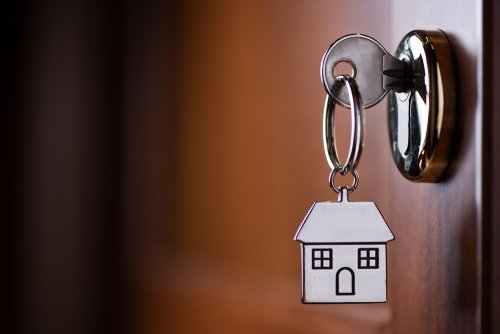Selling property – what if your buyer dies between exchange and completion?
It doesn't happen often, but when it does, it's important to know what to do and where you stand legally.
Here at Wards Solicitors, it's an issue our conveyancing team has seen more of recently - and we can advise you on exactly what steps to take depending on the individual circumstances.
What's the legal position with contracts when a buyer dies?
When contracts are exchanged, a binding contract between the buyer and the seller is created.
The death of one of these parties before completion does not change this but ultimately, it will be the personal representatives or administrators of the deceased person's estate who must fulfil the obligations of the person who has died.
Will it cause delays?
Yes, almost certainly, although it does depend on whether your buyer was buying your property on their own or with someone else.
In the case of a sole buyer, their personal representatives - usually the executors of their Will - will be bound to take over the contract.
At the very least, this means the purchase deed will need to be redrafted to reflect the change in parties and this can't be done until they have obtained a Grant of Probate (or a Grant of Representation when the deceased left no Will) which gives them legal permission to deal with the deceased person's assets.
The Probate Registry does operate an emergency system to expedite the Grant of Probate or for a limited Grant of Probate to be issued. This may be used to enable the sale of the property to take place with minimum delay.
The situation is simpler if there is more than one buyer. The surviving buyer remains bound by the joint contract and can be forced to complete the agreement on behalf of the deceased.
Obviously, proceedings can be more complicated - and inevitably, much slower - if the deceased person left their share in the property to someone else rather than the person they were buying it with.
What happens to the mortgage?
This too can slow things down. The death of a buyer usually means the offer of a mortgage is withdrawn which means their personal representatives may find they haven't the funds to complete the property purchase unless other means of financing it are available.
When it comes to a surviving joint buyer, finance may need to be rearranged and a new mortgage deed prepared which will inevitably take time.
What happens if they want to pull out?
If the completion date is missed, a breach of contract will have occurred for which the surviving buyer or deceased sole buyer's representatives, may be liable to pay compensation or damages in accordance with the terms of the contract. The deposit agreed on exchange of contracts will ultimately belong to the seller if completion fails to take place and the seller is not willing to release the buyer's personal representatives from the obligations of the buyer under the contract.
As the seller, you are under no obligation to agree to a written release and in the case of dealing with a surviving buyer, if you don't want to, they will have to carry on with the purchase as planned and then attempt to re-sell the property later.
Get in touch
As you can see, this is a complicated area of conveyancing, not to mention upsetting and frustrating when you are trying to sell your property and your onwards purchase is dependent on it.
Please contact Wards Solicitors' specialist Conveyancing Team for advice on what you can do if you find yourself in this situation or if your seller has died between exchange and completion.


